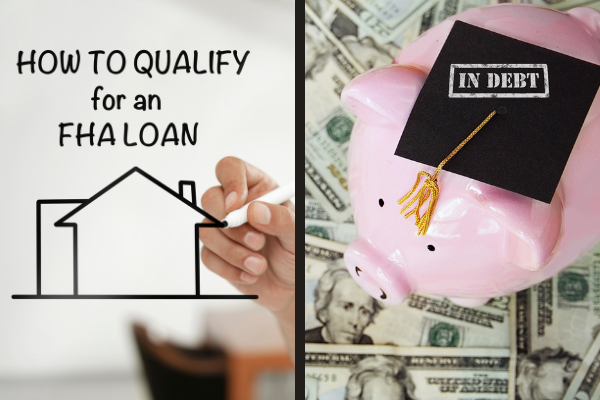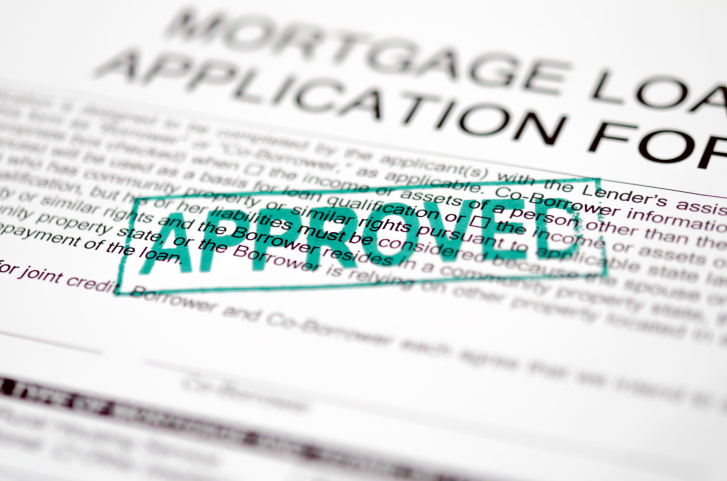An Overview Of the Digital Mortgage Process
 Changes are being made to the mortgage application process every year. With access to online-only lenders and a decentralized financial system, more doors are open to potential home buyers than ever before. For example, there are many institutions that are making it easier to apply for mortgages by allowing applicants to do so online. That way, buyers do not have to fill out any paperwork, and lenders can stay away from any inequalities or discriminatory methods. What are the benefits of a digital mortgage?
Changes are being made to the mortgage application process every year. With access to online-only lenders and a decentralized financial system, more doors are open to potential home buyers than ever before. For example, there are many institutions that are making it easier to apply for mortgages by allowing applicants to do so online. That way, buyers do not have to fill out any paperwork, and lenders can stay away from any inequalities or discriminatory methods. What are the benefits of a digital mortgage?
They Are Easier To Access
One major benefit of a digital mortgage is that they are easier to access. Now, buyers are not necessarily tied to a single geographic location. Furthermore, they do not have to worry about setting up an appointment at a physical location. They might not have to take time off work, and they do not have to worry about commuting back and forth. There are also numerous online tools available, allowing buyers to review what the market is doing. That way, they understand what they need to do to be competitive for the best rates possible.
They Have Lower Rejection Rates
Furthermore, digital mortgages tend to have lower rejection rates. Even though face-to-face lending still has its place, there are a lot of people who are unhappy with their local bank or credit union. They might be buried that their bank is not going to approve them for a home loan, particularly if there are issues related to bias. The digital mortgage process eliminates any potential biases, leading to lower rejection rates. This makes it easier for someone to apply for financing directly and purchase a home.
The Process Is Faster
Finally, another major benefit of applying for a digital mortgage is that the process is easier. Even though income statements and credit checks are still required, a computer algorithm can automate this process. Therefore, potential homebuyers can expedite the process, making sure they get approved as quickly as possible. This makes it easier for buyers to present themselves as competitive, and they can get to the closing table more quickly. This is important for reducing the chances of a potential home sale falling through.

 In the past, a lot of potential borrowers were declined for FHA loans due to the presence of student loans. Now, the Biden Administration along with the FHA has eased a lot of their regulations surrounding student loans, making it easier for borrowers with student loans to qualify for a home loan. The FHA required that FHA mortgage companies calculated the monthly student loan payment as one percent of their outstanding loan balance if the loans were not fully amortized; however, this is now changing.
In the past, a lot of potential borrowers were declined for FHA loans due to the presence of student loans. Now, the Biden Administration along with the FHA has eased a lot of their regulations surrounding student loans, making it easier for borrowers with student loans to qualify for a home loan. The FHA required that FHA mortgage companies calculated the monthly student loan payment as one percent of their outstanding loan balance if the loans were not fully amortized; however, this is now changing. A significant number of people are self-employed, which means they might be relying on this income to apply for a mortgage. It is true that people who are self-employed may face additional challenges when trying to get approved for a home loan when compared to someone with traditional W2 income, these are obstacles that can be overcome. With the right qualifications and documentation, even first-time homebuyers who are self-employed should be able to qualify for the home loan they need.
A significant number of people are self-employed, which means they might be relying on this income to apply for a mortgage. It is true that people who are self-employed may face additional challenges when trying to get approved for a home loan when compared to someone with traditional W2 income, these are obstacles that can be overcome. With the right qualifications and documentation, even first-time homebuyers who are self-employed should be able to qualify for the home loan they need.